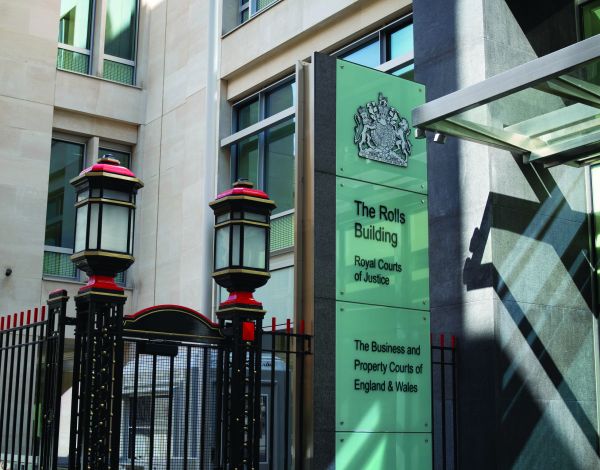
- Over a year into the pilot, we explore some of the judgments which have provided some useful direction on its application.
The Disclosure Pilot Scheme was introduced into the Business and Property Courts in January 2019 to explore the viability of a simpler and more cost-effective disclosure regime. Implemented through CPR Practice Direction 51U, the pilot uses a two-part system of Initial Disclosure and Extended Disclosure to limit the search terms and the volume of documents requiring review and disclosure. Initial Disclosure requires that parties only disclose the key documents on which they rely and those which are necessary to understand the claim. In order for a party to obtain additional documents, it must request Extended Disclosure from the court using one the five predetermined Disclosure Models.
The pilot received almost immediate clarification on its applicability to existing cases in White Winston Select Asset Funds LLC v Mahon [2019]









